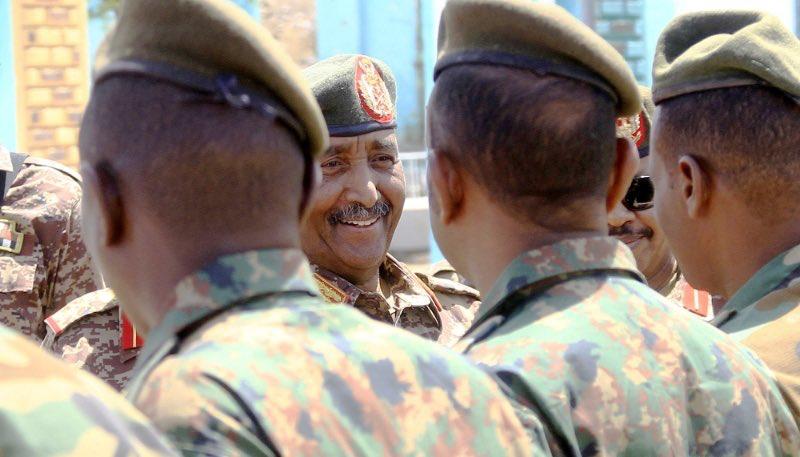The most beautiful thing said about the Rapid Support Forces militias is “a militia whose essence is terrorist in doctrine, coup-oriented, colonial in motives, and foreign in sponsorship.”
In light of the Rapid Support Forces militias’ desperate attempts to impose a new reality in Sudan, reports have circulated about Al-Dagalo’s militias sending a delegation headed by Nasreddin Abdel Bari and Taha Ishaq to Kenya to demand that it recognize a government the militias are seeking to announce in areas under their control. If Nairobi recognizes a government formed by this militia, this would mean an explicit declaration of war on the Sudanese state and its capabilities. I don’t believe that Nairobi, given the internal divisions among its security forces, needs to open a war front with a country the size of Sudan. The new Kenyan administration, led by William Ruto, is unaware of the consequences of doing so. There are long-standing Kenyan cadres, agencies, and institutions with a history of intelligence and security expertise in East Africa, and they certainly see what the Kenyan presidency does not. Consequently, they are aware of the consequences of such a situation. The willingness to accept a “multinational” militia government is just a stone’s throw away, as it is fully aware of the intersections that have stood between it and its regional neighbors since the 1970s. If Nairobi responds to the Rapid Support Forces’ request, Khartoum is likely to organize a secret Sudanese security cell to widen the rift between President William Ruto’s administration and the Kenyan security establishment, to strike at all efforts to narrow it, and to thwart all security arrangements made by Nairobi to gain the support of traditional leaders in the Rift Valley region. Nairobi today faces the greatest internal security threat due to weak cooperation between the army and the security services (the army and the police). Difficulties in coordination between the two parties have emerged in the northern Rift Valley since 2023, prompting the Kenyan presidency to hold a high-level security meeting of senior security officials affiliated with the National Security Council and former army chiefs of staff. That meeting concluded with the Kenyan administration’s recognition of the enormous security difficulties in managing the Kenyan Defense Forces. This explains the recent dismissal of the Kenyan Defense Minister of Somali origin, Aden Duale. If Khartoum exploits the deteriorating internal security situation in Kenya, it is proposed that this process be referred to Mr. Qutbi Al-Mahdi, the former leader. In the Sudanese Salvation Government, he has extensive, diverse, and strong security ties with senior security officials in all East African countries. These ties were revealed in the 1990s when the perpetrators of the bombings of the American embassies in Nairobi and Dar es Salaam fled to Khartoum, and the subsequent political, security, intelligence, and social tensions imposed by Khartoum and realized by Nairobi. After the failure of the Geneva negotiations, an “artificial” calm prevailed in the American administration. The confusion surrounding the personality of the American envoy to Sudan, “Tom Perriello,” which he is trying hard to hide, is nothing but confirmation of the state of political evasion surrounding American diplomacy in Sudan. Washington does not want a real civilian rule in Sudan, as it does with all the regional parties active in the Sudanese file. The difference between the two is that Washington realized early on, and even made it a priority and security calculation, not to come out to the world in a public manner that contradicts the popular will, due to its prior awareness that antagonizing living, conscious peoples “intellectually and politically” is the shortest way to kill its future presence in Africa, especially in light of the pivotal transformations that the African continent has witnessed during the past five years. This explains its constant keenness to use these parties to implement its future vision in Sudan after Al-Bashir “according to an African point of view.” He drew a line for new Sudanese relations with its African, regional and global surroundings, and the talk that the strategy of the American envoy to Sudan is to focus on elite groups and pro-democracy activists at the grassroots level reminds me of the visit of the American ambassador and the European Union ambassadors to the sit-in square in Khartoum during the December 2019 revolution, which certainly did not come in support of the demands of the demonstrators as much as it was an acquittal of the Washington square and its Western counterpart when that square was filled with the blood of the demonstrators. As for the proposal of the arms embargo against the Sudanese army and the Rapid Support militias that came from the American envoy a few days ago, it is nothing but an “American” admission of the impossibility of defeating the Sudanese army and a signal for the beginning of the end of the chapters of the “military picnic” whose features they wanted to restore and repeat its circumstances in “Khartoum” after its success in “Baghdad” in 2003. This proposal would not have been announced, let alone threatened with its implementation, had it not been for the steadfastness of the Sudanese national military institution and its operational organization of the battlefields. So the issue of the judiciary became The Rapid Support Forces militia is not even a matter of debate at the popular level, let alone among the Sudanese military leadership.
Despite their low political awareness, the Rapid Support Forces militia and its political arm, the Progress Coordination Committee, realize that the successive developments in Sudan today, especially after the failure of the Geneva negotiations, will not proceed “in the future” according to what was planned for them. This is due to their lack of a Sudanese popular base, which represents the majority of the national voices, and which they lost after April 15, 2023. There is no forgiveness for what was committed after that. Even if we assume that the militia and its protégé find international support to give them a free hand in governing Sudan after Bashir, what popular consensus will they have? With what political vision will they formulate their regional and international presence and with what vision will they implement it? It is not possible to accept the participation of someone who raised arms against the state and threatened the security and safety of its civil and military institutions, and contributed and continues to contribute to erasing its history, demolishing its foundations, uprooting its people and obliterating its civilization after he accepted to be a wrecking ball in the hands of parties that know nothing about Sudan except its name. The statement of the American envoy, Tom Perriello, came when he said, “There is no future for the Rapid Support Forces in Sudan, and the Sudanese army is an institution with a history.”
Dr. Amina Al-Arimi
An Emirati researcher specializing in African affairs.

